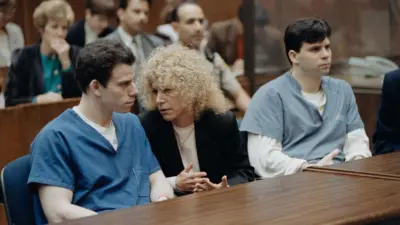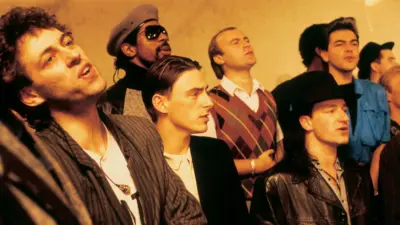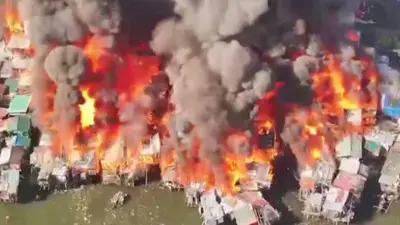We've updated our Privacy and Cookies Policy
We've made some important changes to our Privacy and Cookies Policy and we want you to know what this means for you and your data.
Ukraine crisis: Big test for Europe
Image source, AP
- Author, Gavin Hewitt
- Role, Europe editor
For Europe these spring days may prove to be a defining moment. Its protests over Russian action in Ukraine have gone unheeded. Its pleas have been disregarded. In recent weeks its hand in the crisis has only weakened.
Europe's foreign ministers meet on Monday in Luxembourg. They are in danger of losing the ability to influence events.
At stake is not just the risk of a descent into civil war in Ukraine, but whether the European Union can demonstrate unity, determination and resolve.
Over recent days a scenario has unfolded in Eastern Ukraine. It is familiar in its design and execution.
Police stations and buildings in several Ukrainian cities have been occupied by pro-Russian protesters, many of them armed.
According to reports, some of the men carry specialised Russian weapons and, as in Crimea, some wore identical uniforms without insignia.
There is no evidence that Russian forces in a conventional sense have crossed the border, but Nato believes that "Russian forces have been involved in seizure of some of the buildings".
US officials in Washington believe it is an operation straight out of the Kremlin playbook, describing "a concerted campaign by forces with Russian support to undermine the authorities in Kiev".
The US ambassador to the UN, Samantha Powers, has said the events "bear the tell-tale signs of Moscow's involvement".
Stepping up sanctions
Image source, AFP
Swedish Foreign Minister Carl Bildt said he had no doubt the attacks in Sloviansk had been orchestrated by Moscow, but generally the Europeans have been much more cautious in pointing a finger at Russia.
The United States says it is prepared to intensify sanctions. Secretary of State John Kerry has warned of "additional consequences". The Americans say that the energy, banking and mining sectors could be on the table for sanctions.
If the EU agrees with the United States and Nato that Russia is involved in the seizure of buildings in Eastern Ukraine then the question arises as to whether Europe moves to what it calls Phase Three - implementing much more serious economic and trade sanctions against Russia.
This is a hugely sensitive decision for the EU, which is likely to expose underlying divisions.
In particular this will prove a test for Germany and its pivotal position within the EU.
The message coming out of Berlin is of a political class ambivalent about Moscow's actions in Ukraine.
When the former German Chancellor Helmut Schmidt said that President Putin's actions were "understandable" and that sanctions were "nonsense" he was not alone in his views. Germany's business barons have been lining up to argue against meaningful sanctions.
If the EU fails to take further action against Russia it leaves in place the fact that Crimea's future was settled by force and that the political landscape of Eastern Ukraine might well, too, be settled by the threat of Russian military action.
Image source, AP
Only a few months ago the protesters in Independence Square in Kiev - the Maidan - were encouraged and supported by EU officials. What that means now is far less clear.
The Russians are playing on Europe's vulnerabilities. Moscow has said it may be forced to sever gas deliveries to Ukraine unless it settles outstanding debts and that, of course, threatens Europe's gas supplies.
If the government in Kiev acts to end the occupation of buildings then Moscow may use it as a pretext to intervene.
The pro-Russian forces have been told by the government in Kiev to disarm or face a "full-scale anti-terrorist operation".
That of course could trigger a military intervention by Russia. Already Russia has put the onus for preventing that on the West, by insisting that it gets its allies in Kiev to back down.
The Russian plan seems to be to turn Ukraine into a federation with pro-Russian governors in the east and south. It does not have to annexe those regions to effectively control them.
It would leave Ukraine a broken state, unable to move closer to the EU or Nato, which is precisely what Moscow wants. Russia would have an effective veto over the future of the country.
Russia's vulnerability is its economy. Europe can squeeze the Russian economy, but only if it is willing to take some economic damage itself and that seems very uncertain.
Top Stories
More to explore
Most read
Content is not available








